In this modern take on Edmond Rostand’s classic play Cyrano de Bergerac, C. D. Bales is the witty, intelligent, and brave fire chief of a small Pacific Northwest town who, […]
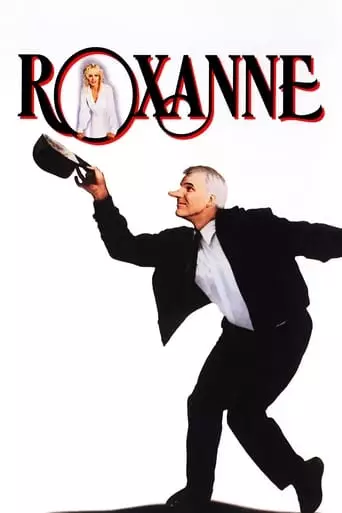
In this modern take on Edmond Rostand’s classic play Cyrano de Bergerac, C. D. Bales is the witty, intelligent, and brave fire chief of a small Pacific Northwest town who, […]
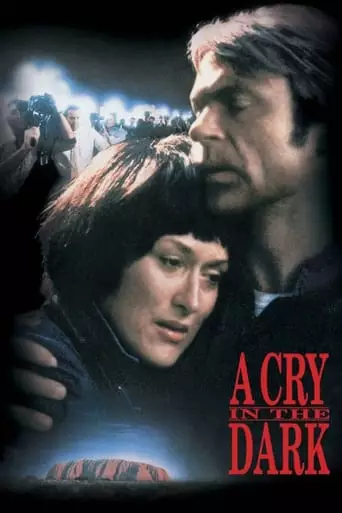
Based on the true story of Lindy Chamberlain who, during a family camping trip to Ayers Rock in central Australia, claimed she witnessed a dingo take her baby daughter, Azaria, […]

David Hare’s account of a one-time French freedom fighter who gradually realizes that her post-war life is not meeting her expectations. Plenty (1985), directed by Fred Schepisi, is a drama […]
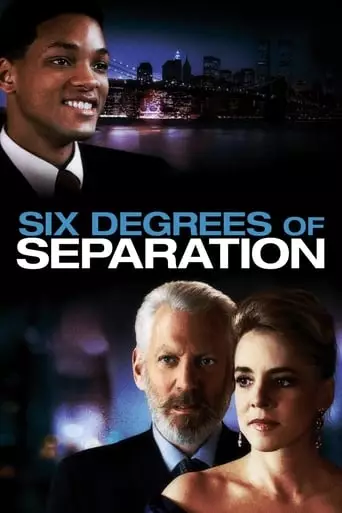
The story of a young, gay, black, con artist who, posing as the son of Sidney Poitier, cunningly maneuvers his way into the lives of a white, upper-class New York […]
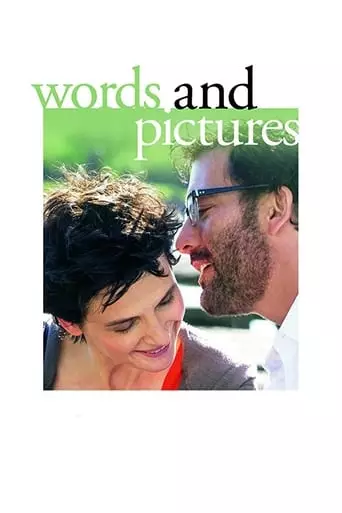
An art instructor and an English teacher form a rivalry that ends up with a competition at their school in which students decide whether words or pictures are more important. […]
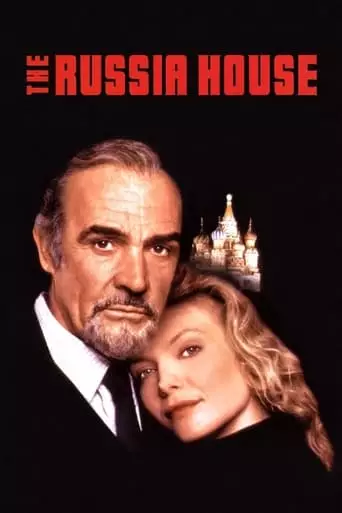
Barley Scott Blair, a Lisbon-based editor of Russian literature who unexpectedly begins working for British intelligence, is commissioned to investigate the purposes of Dante, a dissident scientist trapped in the […]
Fred Schepisi: A Master of Visual Storytelling and Emotional Depth
Fred Schepisi, an Australian director, producer, and screenwriter, is celebrated for his versatility and ability to blend striking visuals with deeply human stories. Over a career spanning more than five decades, Schepisi has worked across a variety of genres, crafting films that resonate with emotional depth, intellectual rigor, and artistic integrity.
From his early work in Australian cinema to his success in Hollywood, Schepisi has demonstrated a keen eye for storytelling, often exploring themes of morality, identity, and human connection.
Early Life and Career Beginnings
Fred Schepisi was born on December 26, 1939, in Melbourne, Australia. After attending a Jesuit school, his early experiences with religion and moral philosophy would later influence his work. Schepisi began his career in advertising, directing commercials that earned him recognition for his visual style and narrative creativity.
In the 1970s, Schepisi transitioned to feature filmmaking, becoming part of the Australian New Wave, a movement that brought international attention to Australian cinema.
Australian Breakthrough: The Devil’s Playground
Schepisi’s debut feature film, The Devil’s Playground (1976), is a semi-autobiographical drama set in a Catholic seminary. The film explores themes of faith, repression, and adolescence with sensitivity and nuance.
The Devil’s Playground was a critical success, winning six Australian Film Institute Awards, including Best Film and Best Director. Its success established Schepisi as a leading voice in Australian cinema and set the stage for his transition to international filmmaking.
Hollywood Success and Notable Films
The Chant of Jimmie Blacksmith (1978)
Based on Thomas Keneally’s novel, The Chant of Jimmie Blacksmith is a powerful and harrowing exploration of racism and injustice in colonial Australia. The film follows the tragic story of Jimmie Blacksmith, a mixed-race Aboriginal man who faces systemic discrimination.
The film was widely acclaimed for its unflinching portrayal of social issues and earned Schepisi international recognition. It was nominated for the Palme d’Or at the Cannes Film Festival and remains one of Australia’s most significant films.
Barbarosa (1982)
Schepisi’s Hollywood debut, Barbarosa, is a Western starring Willie Nelson and Gary Busey. The film’s blend of humor, myth, and moral complexity showcased Schepisi’s ability to adapt to different genres while maintaining his distinctive storytelling voice.
A Cry in the Dark (1988)
One of Schepisi’s most acclaimed films, A Cry in the Dark (titled Evil Angels in Australia), stars Meryl Streep and Sam Neill in the true story of Lindy Chamberlain, a woman accused of murdering her baby despite her claims that a dingo was responsible.
The film is a gripping courtroom drama and a meditation on media sensationalism and public judgment. Streep’s performance earned her an Academy Award nomination, and Schepisi’s direction was praised for its balance of emotional intensity and social critique.
Six Degrees of Separation (1993)
Adapted from John Guare’s play, Six Degrees of Separation explores themes of class, identity, and human connection. Starring Will Smith, Stockard Channing, and Donald Sutherland, the film is a sharp, witty, and poignant examination of how lives intersect in unexpected ways.
Schepisi’s direction brought the play’s theatrical roots to life on screen, earning critical acclaim for its performances and insightful storytelling.
Roxanne (1987)
A modern retelling of Cyrano de Bergerac, Roxanne is a romantic comedy starring Steve Martin and Daryl Hannah. The film’s humor, charm, and heartfelt performances made it a commercial and critical success, showcasing Schepisi’s lighter side and versatility as a director.
Themes and Style
Fred Schepisi’s films often explore complex moral dilemmas, cultural identity, and the human condition. He has a talent for adapting literary works, translating their themes and characters into compelling cinematic experiences.
Visually, Schepisi’s films are marked by their meticulous composition and use of landscapes to enhance storytelling. Whether capturing the vast Australian outback or the intimate spaces of human interaction, his films are visually striking and emotionally resonant.
Later Career and Legacy
In recent years, Schepisi has continued to work on both feature films and television projects. His later works, such as The Eye of the Storm (2011), based on Patrick White’s novel, reflect his ongoing commitment to character-driven storytelling and literary adaptation.
Schepisi’s contributions to cinema have been recognized with numerous awards, including the Australian Academy of Cinema and Television Arts (AACTA) Lifetime Achievement Award.
Conclusion
Fred Schepisi’s career is a testament to the power of storytelling that bridges cultures, genres, and emotions. From his groundbreaking Australian films to his Hollywood successes, Schepisi has consistently delivered works that challenge, entertain, and inspire.
With a legacy defined by artistic integrity and a deep understanding of the human experience, Fred Schepisi remains a towering figure in international cinema, whose films continue to resonate with audiences around the world.